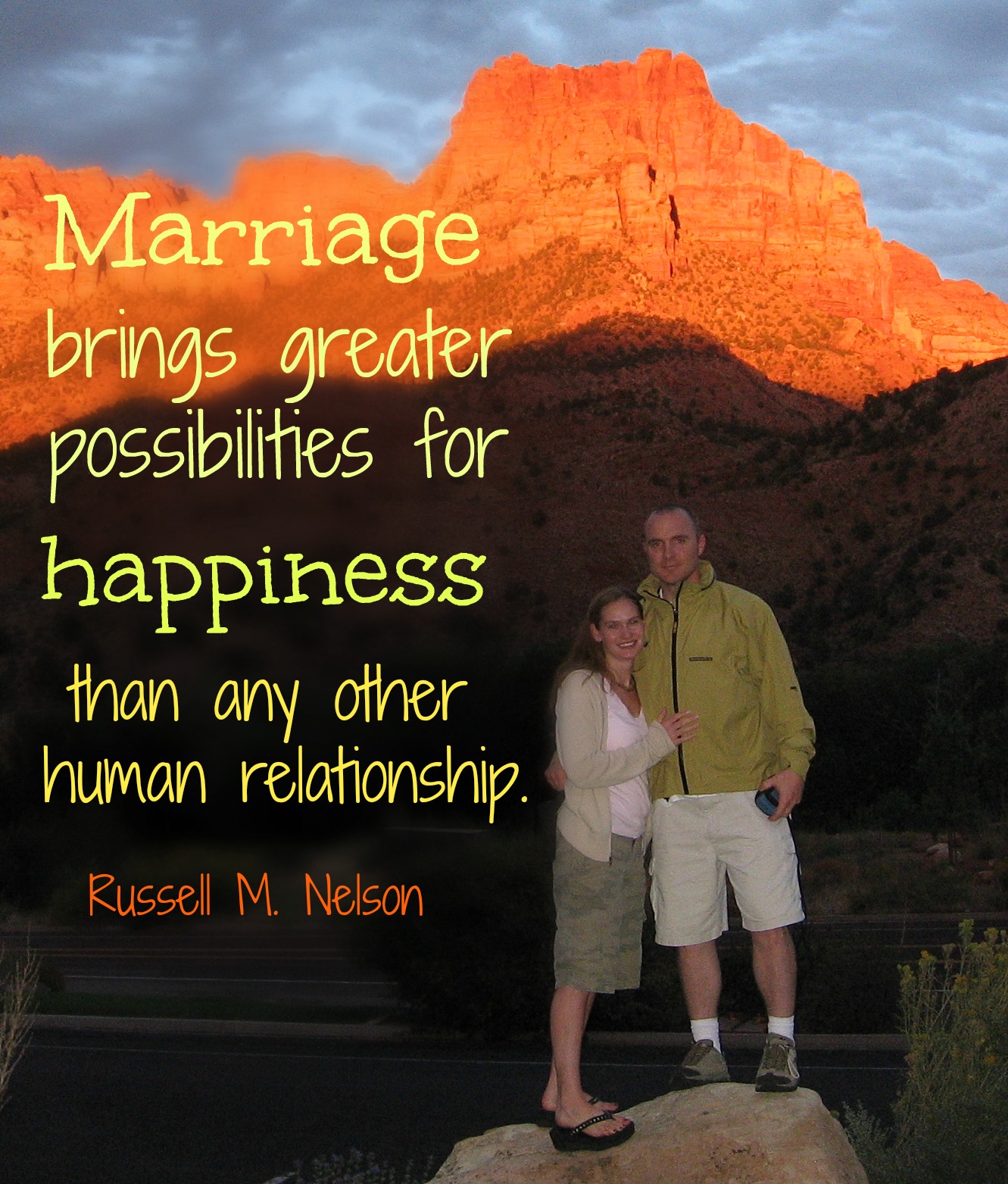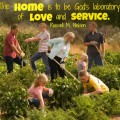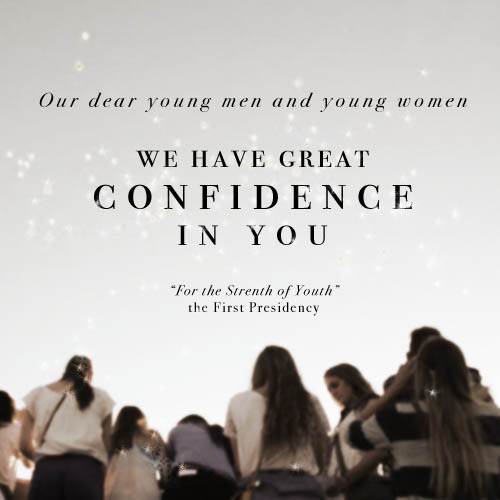Orson Scott Card found himself in the middle of a firestorm in the months leading up to the Nov. 1 premiere of the movie based on his award-winning sci-fi novel “Ender’s Game.” Same-sex marriage advocates promoted a boycott of the film—even though neither the film nor the book has anything to do with homosexuality or same-sex marriage. But the writer still came out on top as the film shot to #1 at the box office during its opening weekend, raking in an estimated $28 million. [1] Unfortunately, the buzz surrounding Card is no laughing matter. It raises some tough questions about what it means to be truly free in America today.
For more than 200 years, America has stood proudly as a beacon of freedom and democracy—especially the freedom to think, believe, act, live and speak out according to our deeply held beliefs. This is freedom of religion. And this is the problem with Orson Scott Card being criticized for his views on same-sex marriage. Every American has a right to stand up for his or her beliefs. And they should be free to do so without fear of retribution or being shamed by those with opposing viewpoints.
Interestingly, the themes in “Ender’s Game” are applicable to what’s happening in America today. And if we can learn the lessons from the book (and/or movie), we can make right what is going wrong in our world.
Orson Scott Card and ‘Ender’s Game’
Orson Scott Card is best known for his science fiction novels as well as being an outspoken advocate against same-sex marriage. He is also a member of The Church of Jesus Christ of Latter-day Saints—sometimes inadvertently called the Mormon Church. From 2009 until mid-2013, Card was on the board of directors for the National Organization for Marriage. And in 2012, he spoke out in favor of North Carolina’s Amendment 1, which defined marriage as between a man and a woman. He has also written many political commentaries as well as opinion pieces against same-sex marriage—which has angered many activists who oppose his views. [2]
Ender’s Game—first published as a novelette in the August 1977 issue of Analog and then as a longer book in 1985—won the Nebula Award for Best Novel in 1985 and the Hugo Award for Best Novel in 1986. [3] In the book, 6-year-old Ender is taken from his family on Earth to an orbital military academy, where he is to be molded into a soldier in preparation for a war with an extraterrestrial insectoid species. Ender is a “misfit genius among some of the world’s scariest adolescent prodigies– surviving the other cadets is a violent affair in itself—from maiming fellow students in the shower to orchestrating zero-gravity battles.” [4]
“Ender’s Game,” the movie, was 28 years in the making. Card, who wrote about 20 drafts of the screenplay, said:
… Adapting “Ender’s Game” was just so hard. But I finally found a way that worked, but unfortunately I did my last draft after (director) Gavin Hood had already started work on his first draft. As far as I know, he never read any of my drafts. … People who go there thinking they’re going to see a film of scene-by-scene novel of “Ender’s Game,” there’s no way we could deliver that. … So they’re going to see a sort of a reduced, compressed, simplified version of “Ender’s Game” with older actors because it’s just so hard, so impossible to work with children — so many children. It wouldn’t have worked. So they had to age it up, and I gave consent for that. [5]
Universal Themes
The universal themes of “Ender’s Game” are a perfect backdrop to a discussion on freedom of religion and the decline of respect in America today. Speaking to the pre-release controversy, director Gavin Hood said:
I hope people can still appreciate the book because I think he wrote a great book, and the themes and ideas in the book, I think, are universal and timeless and applicable, and I hope the book will still be appreciated as a great work of art, even though I don’t agree with the author. I optioned the book, not an author, and I love what the author said in that book. [6]
Lionsgate said in a statement:
… The film not only transports viewers to an entertaining and action-filled world, but it does so with positive and inspiring characters who ultimately deliver an ennobling and life-affirming message. [7]
Card said:
What works with Ender’s Game is Ender’s community-building. There’s a disparate group of kids who could be rivals, and he’s able to bind them together through his personal service to them, through his loyalty, his trustworthiness. They know he’ll never waste them, that he’s not exploiting them for his own gain. [4]
The timeless, universal themes found in “Ender’s Game” are compassion, friendship, kindness and community-building. They are positive messages that, if followed, could transform America back to the land of the free.
The Virtue of Tolerance
In “Ender’s Game,” intolerance of an alien species leads to their utter destruction. It is a warning for us in today’s world. Tolerance is a very misunderstood virtue. It is often demanded but seldom returned. We want our voices to be heard—but we don’t want to hear what others have to say.
Elder Dallin H. Oaks, a member of the Quorum of the Twelve Apostles (with the First Presidency, the governing body of The Church of Jesus Christ), said:
… For persons who believe in absolute truth, tolerance for behavior is like a two-sided coin. Tolerance, or respect, is on one side of the coin, but truth is always on the other. You cannot possess or use the coin of tolerance without being conscious of both sides. [8]
The Church of Jesus Christ teaches that sex before marriage is a sin, and sexual relations are only acceptable between a husband and wife within the bonds of marriage –traditional marriage. This is truth not only in Mormonism, but in most religious faiths. Virtually all the world’s religions teach kindness as a way to benefit all of mankind. In many parts of the world, racism is vanishing, and gay activists want to associate discrimination against gays (including barring them from marrying) with racism. But if religion teaches us to be kind, then getting rid of racial discrimination is doing the work of religion. The discrimination was the sin. Yet, religion teaches us to discriminate against sin. Discriminating against sexual sin cannot be equated with racism. It’s a conundrum, but people with religious beliefs should not be persecuted for those beliefs. Tolerance is accepting that not everyone will agree with you, and there should be tolerance on both sides.
Tolerance requires more of us as Americans—it requires that we work together to find the common ground. It requires that we put our heads together to find out what works and what doesn’t. Intolerance toward the beliefs of others is what George Orwell’s “thought crimes” were all about. And when we as Americans stoop to calling each other names, the dialogue breaks down and emotions take over. Those on both sides of the same-sex marriage debate must remember this as we speak out in the public square. Tolerance doesn’t mean that we agree. It means that we agree to disagree with civility and respect.
Compassion, Kindness & Friendship
Tolerance is the first step to kindness and compassion—themes of the book that drew both director Hood and actor Harrison Ford to the project. Kindness and compassion require that we see past the beliefs to the person on the other side—even and especially when we disagree. Ender’s success is found in his compassion and kindness toward others. Even those who were manipulating him and the enemy he was sent to destroy. Compassion and kindness require us to reach out to others with love and respect. But we can only do that if we see the person—the child of God—inside. Compassion, kindness and friendship require us to connect on a personal level.
The divisiveness emerging from the same-sex marriage battle is destroying the goodwill that should exist among Americans. This can and must exist regardless of the differences in our deeply-held beliefs. We need to get rid of the media buzzwords that inflame emotions and incite bitterness and resentment.
Actor Harrison Ford, who starred in the movie, said:
It’s well known Orson Scott Card and I have different views on the issue of gay marriage and gay rights. It has been a real dilemma for me: I love the book “Ender’s Game,” it’s all about tolerance and compassion, and understanding the other.
Should I not have made the film because of his views? I wrestled with that, and you know what? I thought: if I don’t put these ideas out on screen we wouldn’t be having this conversation. … I’m very proud of the film, and I felt strongly that I didn’t want to lose my love of this book because its creator seems to be in a different zone to me on this issue. [9]
And that is what tolerance, understanding and compassion are all about—finding the common ground while understanding your difference of opinion.
Building Community
It’s time to rebuild the community of America. This begins by reinforcing good, old-fashioned American values: hard work, compassion, democracy, freedom, friendship, tolerance and understanding. America is the great melting pot—where different ideals, beliefs, cultures and peoples can co-exist in peace. We don’t do this by sabotage, subterfuge or deception. We do it by rolling up our sleeves and figuring out how to work together. Card, who sees himself as a communitarian, said:
The thing that fiction’s valuable for is that every novel creates a community of people who now have those memories in common. If I say to you, “Remember, Frodo gave his finger for you,” you’ll get the joke if you’ve read “Lord of the Rings.” Even though we edit it in our minds and it’s different, we have some memories in common that we can’t get in the real world. We can witness the same event, take part in the same event that will be completely different to us. But when we read the same work of fiction, that structures and orders series of events in a way that clarifies our thought and that we can share those memories together in a way that means something. [5]
We can’t build feelings of trust and community if we are afraid to speak our minds for fear of retribution. It’s time to stand up for every person’s right to speak his or her mind. Communities are built on commonalities. Not that everyone is the same—not that everyone has the same beliefs—but they all have things in common. And when you find the common denominator, you build on it. Everyone is human. Everyone has needs. And not everyone will get his or her needs met. Not everyone will get exactly what they want. But everyone will get something—if we all work together for the common good. For our future. The future isn’t today. And the future isn’t ours. The future belongs to our children. And we owe it to them to give them the best future possible. Not the future we want for ourselves—the future that’s best for them. That is what building a community is all about.
Let’s learn the lessons that “Ender’s Game” and other science fiction thrillers are teaching us—to not give our power away.




